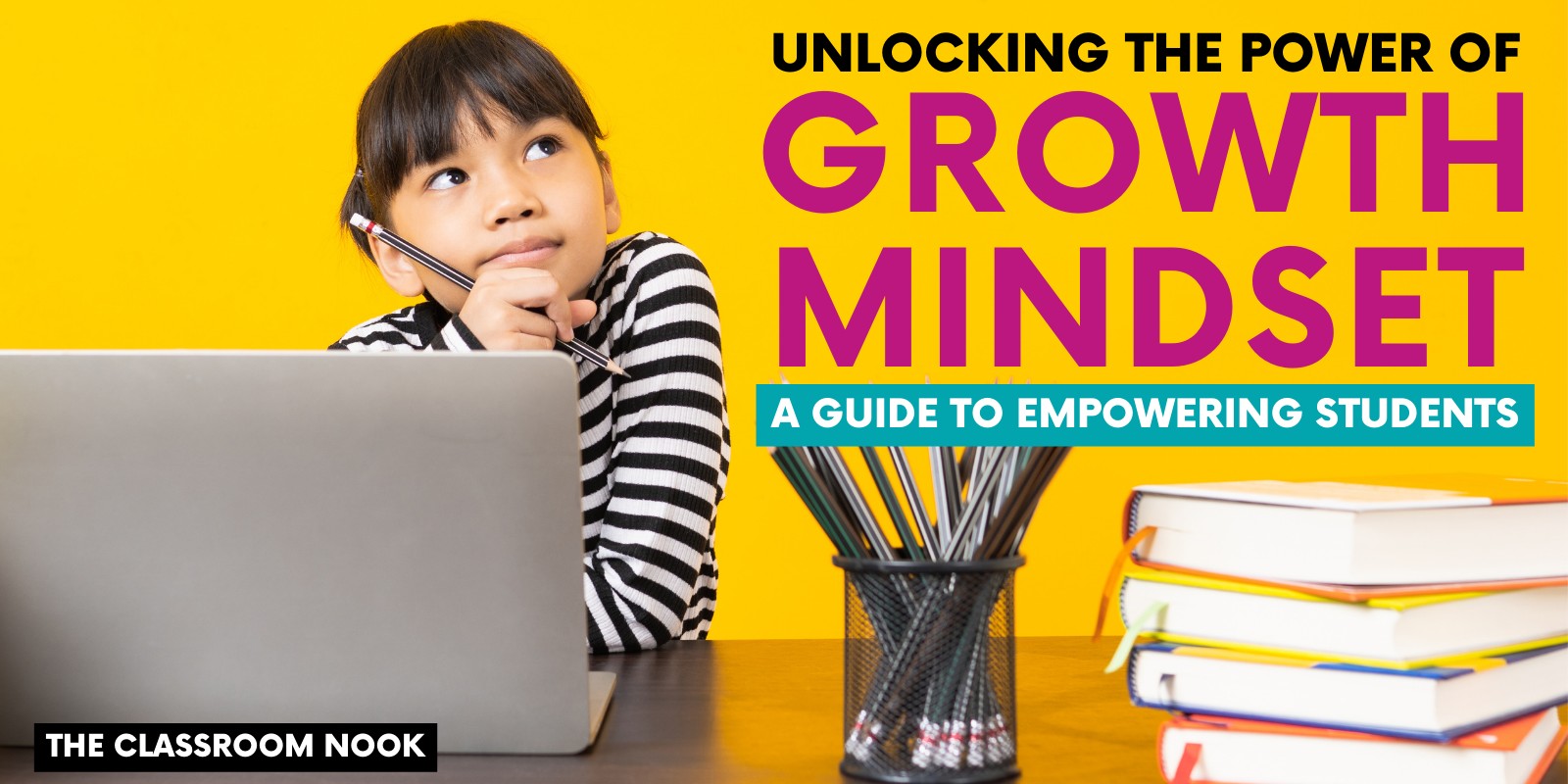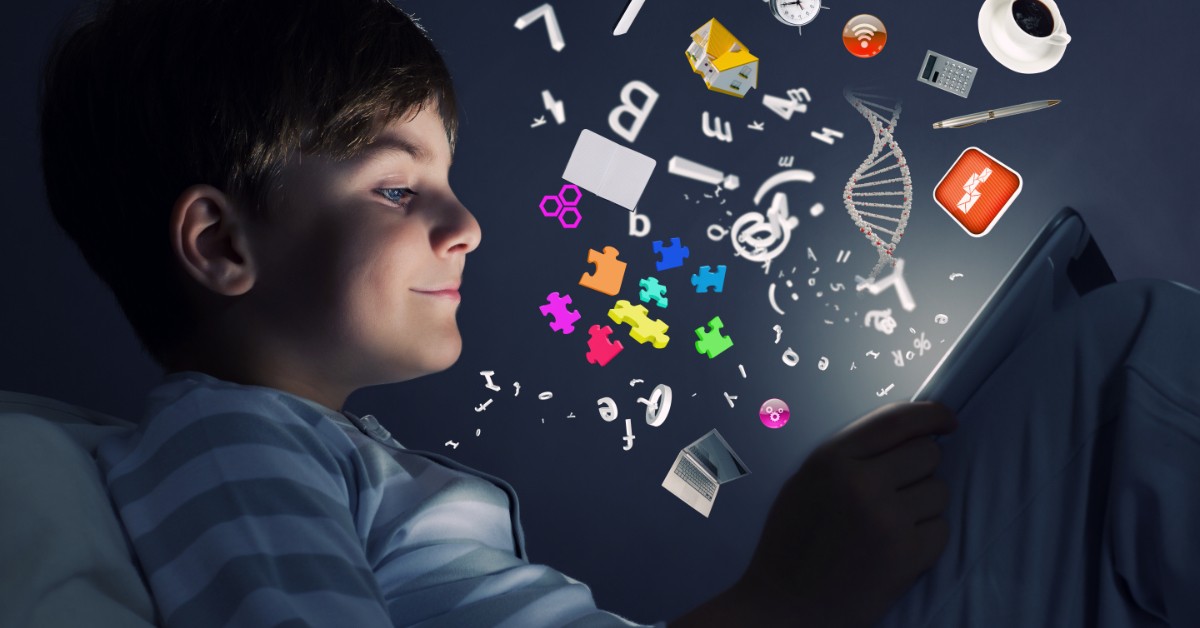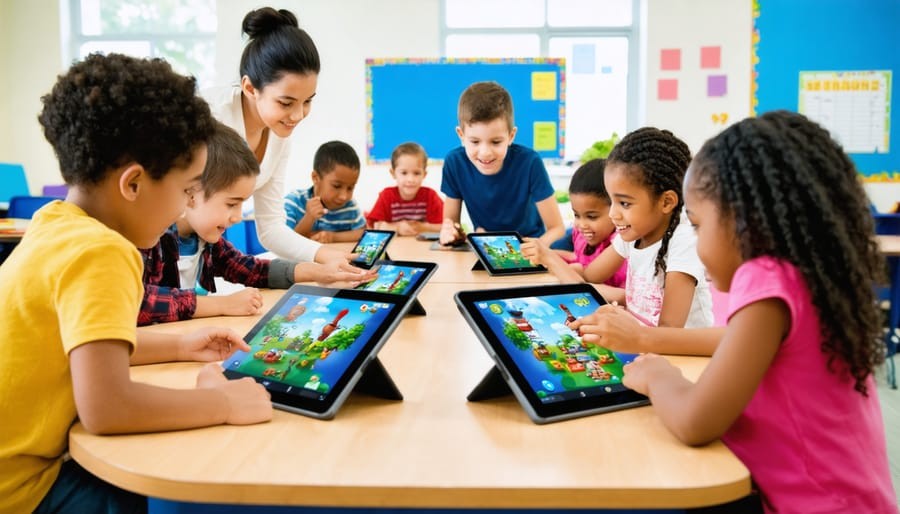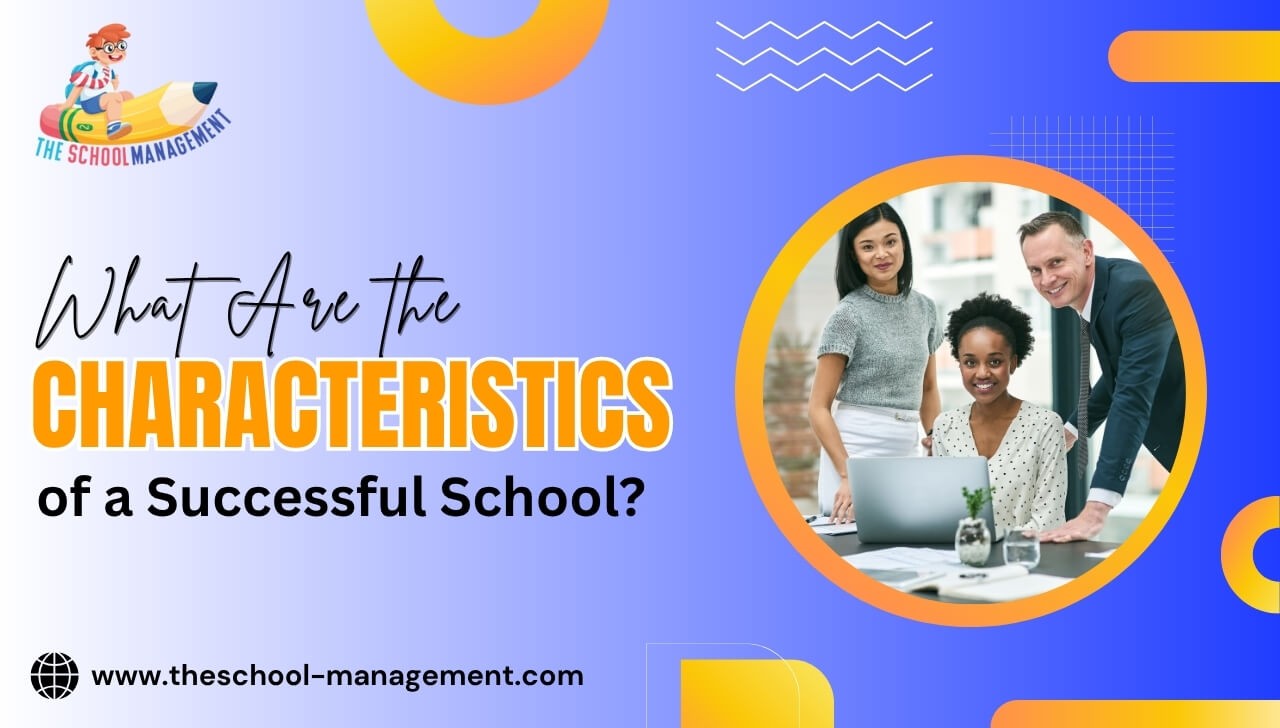Mindset is one of the most influential yet often underestimated forces in education. It shapes how individuals perceive challenges, respond to setbacks, and ultimately define their own potential. In business, where learning is continuous and adaptability is key, the power of mindset becomes even more critical. Education in this context is not limited to formal instruction—it encompasses professional development, leadership growth, and the cultivation of skills that drive innovation. Whether in a classroom or a corporate boardroom, the beliefs people hold about their ability to learn and grow can either unlock possibilities or reinforce limitations.
The distinction between a fixed mindset and a growth mindset, popularized by psychologist Carol Dweck, offers a compelling framework for understanding how people approach learning. Those with a fixed mindset tend to believe that intelligence and talent are static traits. They often avoid challenges, fearing that failure will expose their inadequacies. In contrast, individuals with a growth mindset see abilities as malleable and view effort as a path to mastery. They embrace challenges, persist through obstacles, and see failure as a stepping stone rather than a verdict. This shift in perspective has profound implications for how education is delivered and received, especially in environments where performance and progress are closely tied.
In business education, mindset influences not only how content is absorbed but also how it is applied. Consider a leadership training program designed to enhance strategic thinking. Participants with a fixed mindset might approach the material with skepticism, doubting their capacity to think beyond operational tasks. They may resist feedback or shy away from group discussions, fearing judgment. Meanwhile, those with a growth mindset are more likely to engage actively, ask questions, and experiment with new approaches. Their openness to learning creates a ripple effect, encouraging others to do the same and fostering a culture of continuous improvement.
The impact of mindset extends to organizational dynamics as well. Companies that prioritize learning and development often reflect a collective growth mindset. They encourage experimentation, reward curiosity, and view mistakes as opportunities for refinement. This environment empowers employees to take initiative, share ideas, and challenge the status quo. It also supports resilience, which is essential in industries facing rapid change. When setbacks occur, a growth-oriented culture helps teams regroup, learn from the experience, and move forward with renewed insight. In contrast, organizations dominated by a fixed mindset may struggle to innovate, as fear of failure stifles creativity and discourages risk-taking.
Mindset also plays a crucial role in how leaders educate and inspire their teams. A manager who believes in the potential for growth will invest in coaching, provide constructive feedback, and celebrate progress. They understand that development is a process and that each individual learns differently. This belief shapes their interactions, making them more patient, empathetic, and effective. On the other hand, a leader with a fixed mindset may focus solely on outcomes, overlooking the importance of learning and development. Their approach can lead to disengagement, as employees feel undervalued and unsupported in their growth.
One of the most powerful aspects of mindset is that it can be changed. While early experiences and cultural influences may shape initial beliefs, exposure to new ideas and environments can shift perspectives. In business education, this means designing programs that not only teach skills but also challenge assumptions. Facilitators can encourage reflection, share stories of transformation, and create safe spaces for exploration. When learners begin to see themselves as capable of growth, their engagement deepens and their performance improves. This transformation is not just cognitive—it’s emotional and behavioral, influencing how individuals show up in their roles and contribute to their organizations.
Technology has added a new dimension to mindset in education. Online platforms, adaptive learning tools, and data-driven feedback systems offer personalized experiences that cater to different learning styles. These innovations can reinforce a growth mindset by showing learners their progress, highlighting areas for improvement, and providing resources for continued development. However, technology alone is not enough. The mindset behind its use determines its effectiveness. If learners approach digital tools with curiosity and a willingness to grow, they can unlock tremendous value. But if they see them as a test of their abilities or a threat to their competence, the benefits may be lost.
Ultimately, the power of mindset in education lies in its ability to transform not just what people learn, but how they learn. It influences motivation, engagement, and the capacity to adapt in a world that demands constant evolution. In business, where success often hinges on the ability to learn faster and respond smarter, cultivating a growth mindset is not optional—it’s essential. Leaders, educators, and learners alike must recognize that mindset is not a fixed trait but a dynamic force that can be nurtured. By embracing this truth, they open the door to deeper learning, greater innovation, and more meaningful impact.





